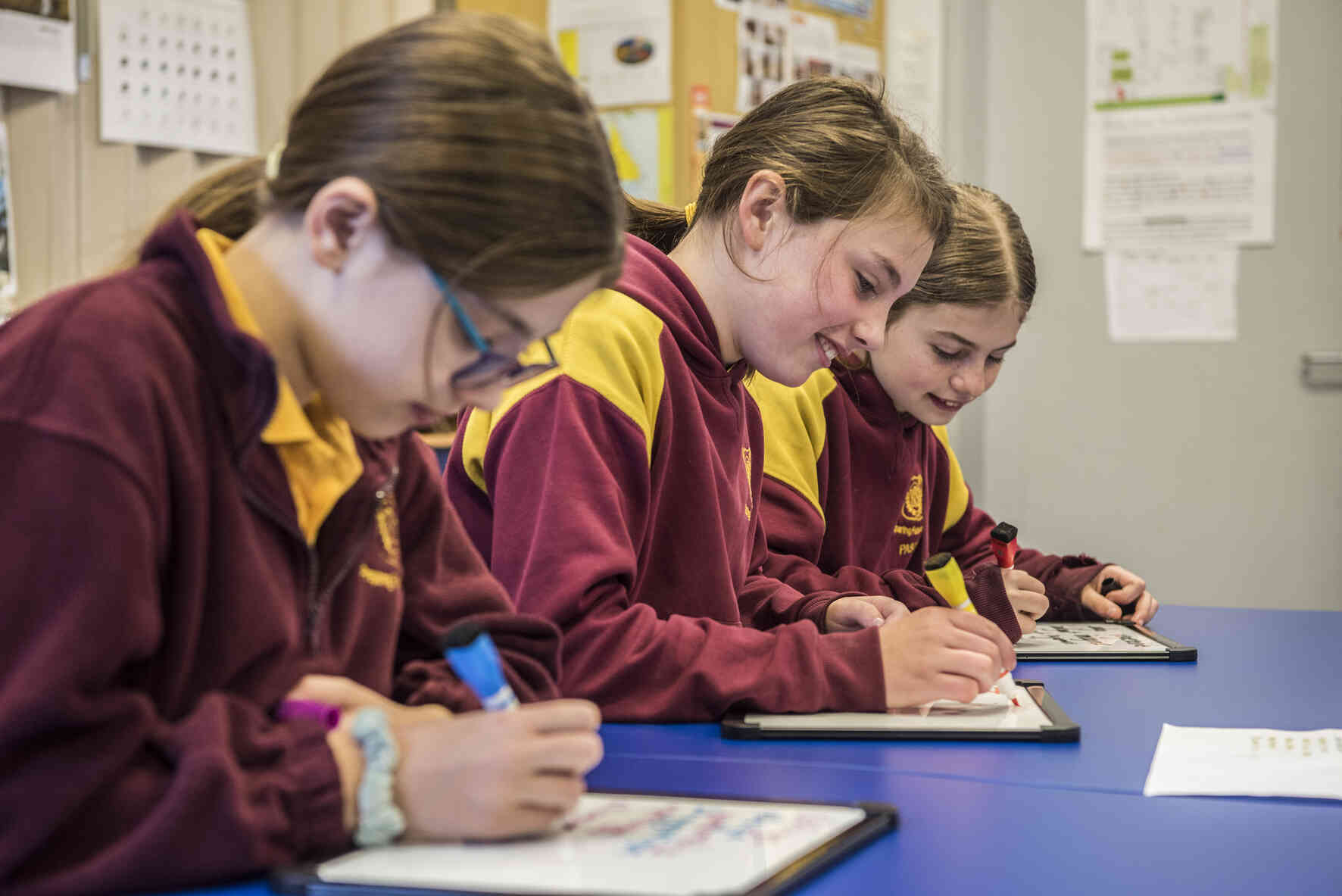
It’s estimated that one in 14 children and young people experience anxiety.*
Anxiety is more than just feeling stressed or worried. While stress and anxious feelings are a common response to a situation where we feel under pressure, they usually pass once the stressful situation has passed, or the ‘stressor’ is removed.
Everyone feels anxious from time to time. It is when anxious feelings don't go away, happen without any particular reason, or make it hard to cope with daily life, it may be the sign of an anxiety condition.*
Educators are often the first to observe changes in children and young people experiencing signs of anxiety.
While a diagnosis for anxiety needs to be made by a health professional, educators are well positioned to notice changes in behaviour, inquire sensitively, and provide referrals to support those in their learning community.
Some of the behaviours that educators may notice in students that may indicate they are experiencing anxiety may include:
- Physical symptoms of anxiety such as shaking or trembling in legs or hands, particularly when not accompanied by an obvious cause e.g. sitting at desk rather than speaking before the class
- Need for constant reassurance that they are doing the right thing
- Avoidance of situations that require them to try new things or be in new situations
- Getting very upset over mistakes or changes to routine
- Perfectionist
- Often sick and asking to leave to go to sick bay
- Acting out behaviours or spacing out.
When observing behaviours, it is important to take into consideration the age of the student. There are similarities but also key differences in the way anxiety may manifest throughout development from early childhood to adolescence.
No matter the age, both children and young people can have difficulty finding the words to express what they are feeling – their behaviour may be the best clue.
Educators are very adept at providing the right supportive environments to help all children and young people feel safe and able to engage. These strategies help all students, not just those experiencing anxiety. Predictability and routine where possible are particularly helpful.
Strategies to support students in the classroom include:
- Create an environment where students can talk opening about their anxieties
- Outline the plan for the day or lesson (make things predictable) Support transitions between tasks (countdown timers)
- Support students in building smaller manageable steps to completing a task or goal
- Remember to care for yourself and build your awareness of mental health issues.
If you are concerned that some of your students are experiencing anxiety, Be You has a number of resources and tools to support you, such as the Be You Fact Sheet about anxiety.
The Be You Early Support domain modules Notice, Inquire and Provide, assist educators to understand and execute their role in supporting student wellbeing.
The Be You Mental Health Continuum and BETLS Observation Tool empower educators to use their observations and recording of behaviour, to better support the mental health and learning journey of their students.
Be You hosts regular online sessions and events about student anxiety, to support educators to build their mental health literacy and implement evidence-informed strategies. Visit the Be You Sessions and Events homepage to read more.
Not sure of your next steps? Contact your Be You Consultant today.
-
References